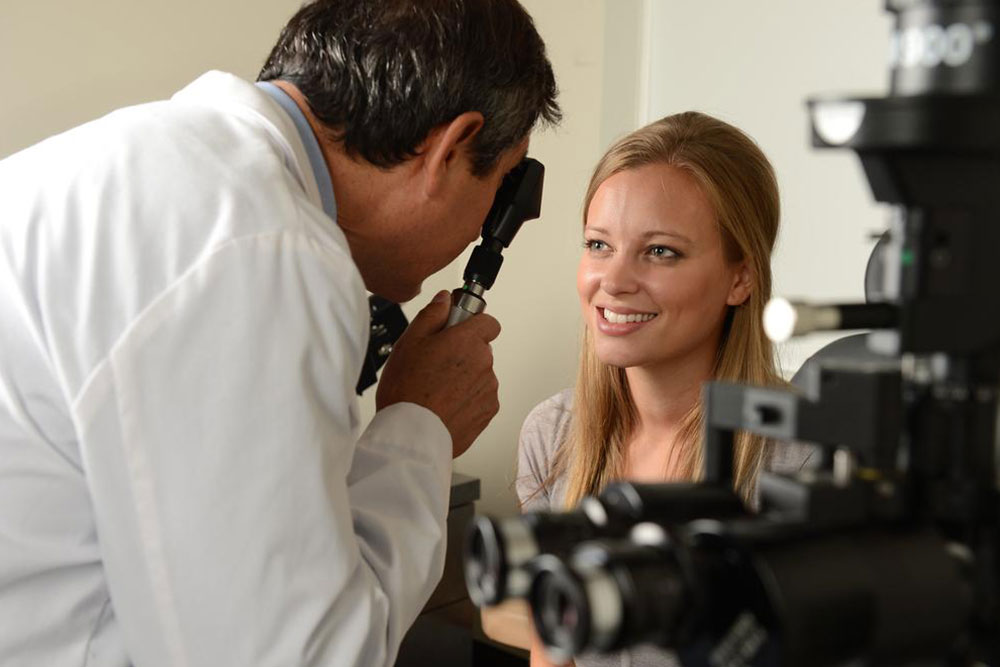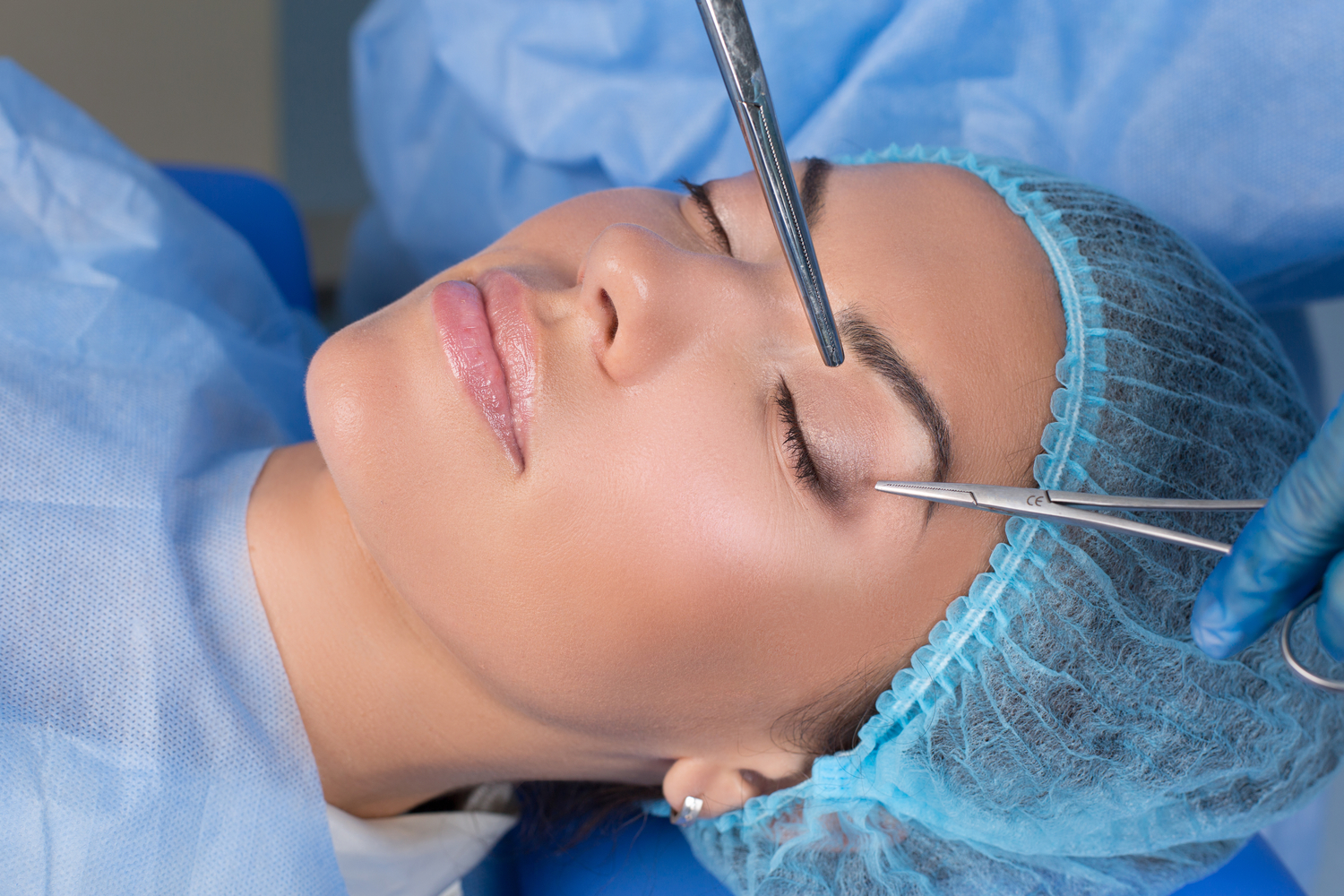Understanding the Cost of Cataract Surgery: What You Need to Know
This article provides a comprehensive overview of cataract surgery costs, covering insurance options, treatment packages, and post-operative expenses. It guides patients on how to plan financially for effective eye care. The information helps clarify the variations in treatment costs, insurance coverage, and additional post-surgery needs, ensuring informed decisions for those considering cataract surgery. Knowledge of costs and coverage options empowers patients to manage their eye health effectively and avoid surprises. Consulting with insurers is recommended for precise expense estimates.
Sponsored

Estimating the Expenses of Cataract Treatment
Cataract removal involves the delicate procedure of replacing a cloudy natural lens with an artificial intraocular lens. The entire operation takes approximately five minutes and is painless, promoting quick visual recovery.
Every patient has unique visual needs, so surgeons customize the treatment approach accordingly. The process includes diagnosis, counseling, pre-surgery testing, intraocular lens selection, correction of astigmatism, and postoperative corneal adjustments. These steps contribute to the overall cataract surgery expenses.
The total cataract surgery cost varies based on insurance coverage, including basic and premium options. Insurance typically covers initial tests and follow-up care within 90 days post-surgery, but additional costs like glasses and medications fall on the patient.
Costs depend on the package selected: Basic or Premium.
Premium cataract surgery: Ideal for those seeking optimal visual outcomes, this option involves advanced intraocular lenses and reduces dependence on glasses. The price ranges from $500 to $5000 per eye and offers enhanced features. Patients should contact their insurance provider for detailed costs and coverage specifics.
Basic cataract surgery: Focused on restoring vision, this option may still require glasses afterward. The cost is generally lower but might not eliminate the need for corrective lenses. Many insurers, including Medicare, help cover these costs, with patients responsible for deductibles and co-pays.
Pre-surgery eye tests to assess lens and refractive issues
cardiac health evaluations like EKGs
surgical anesthesia and nursing support
post-surgical eyeglasses prescriptions
90-day postoperative care
For example, a YAG laser capsulotomy to correct posterior capsule opacification usually costs around $300. Consulting with your insurance provider helps clarify coverage details and out-of-pocket costs.
To ensure smooth coverage, ask your insurer about co-payments, deductibles, surgeon and surgical center approval, and coverage for glasses. Understanding these details helps avoid unexpected expenses and facilitates affordable care.






